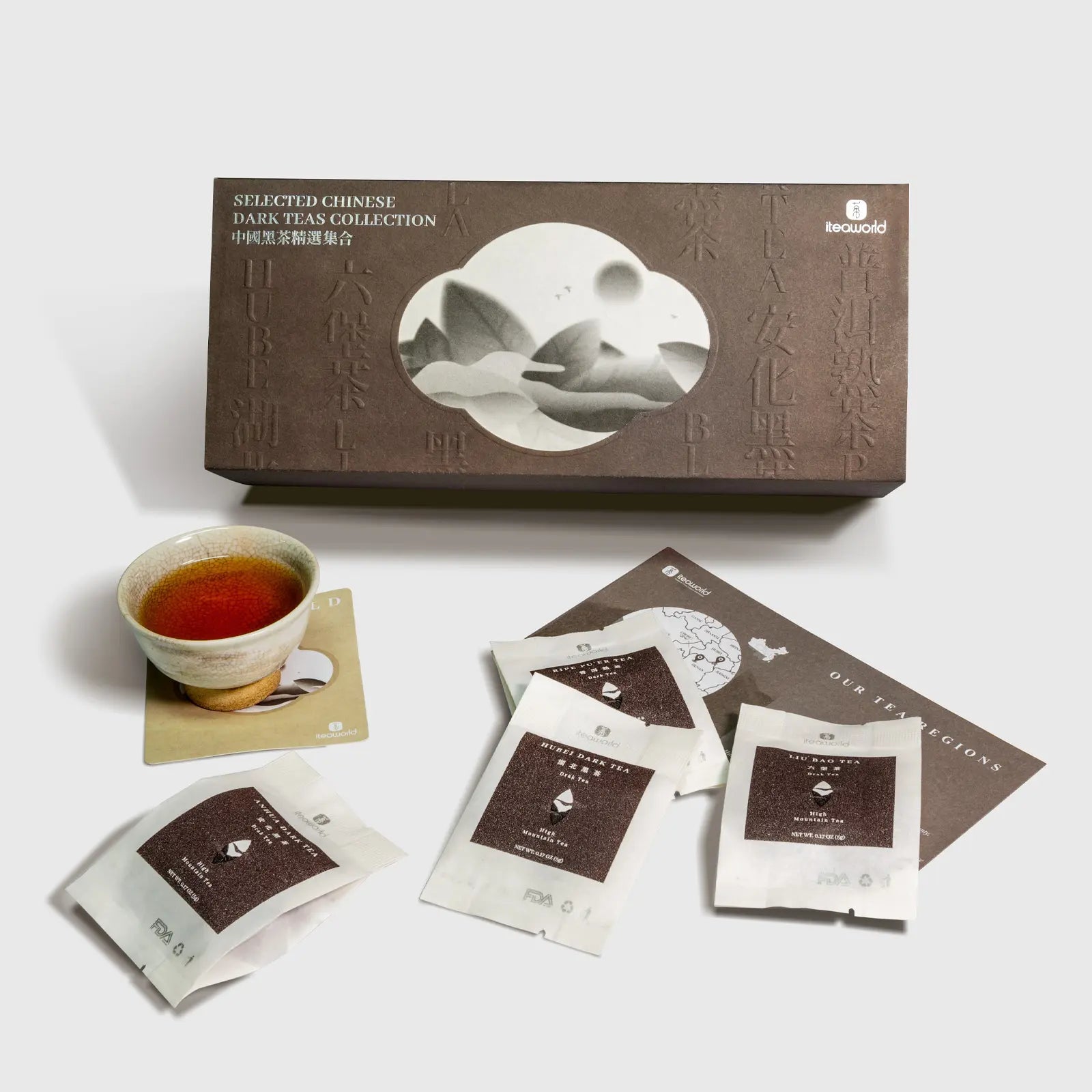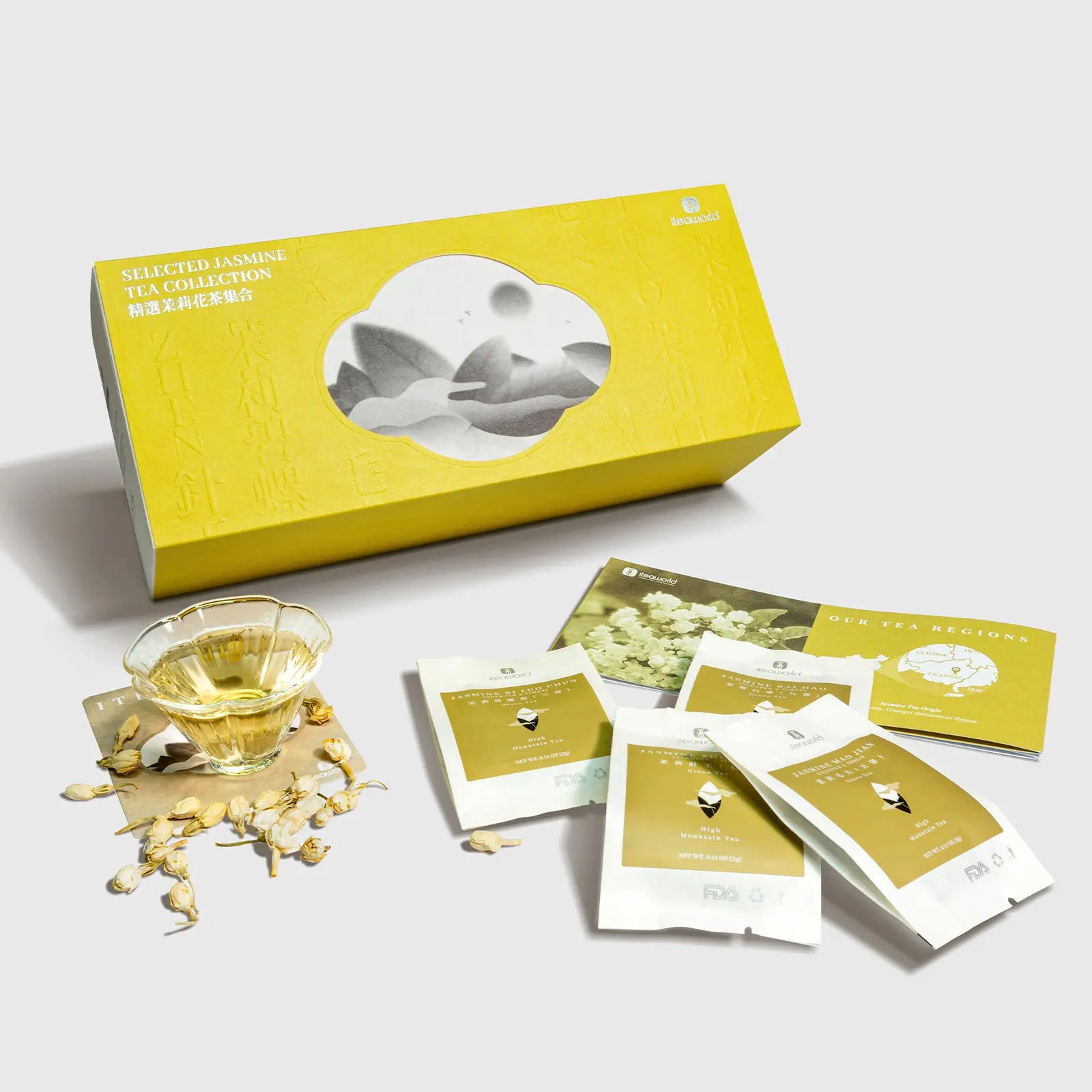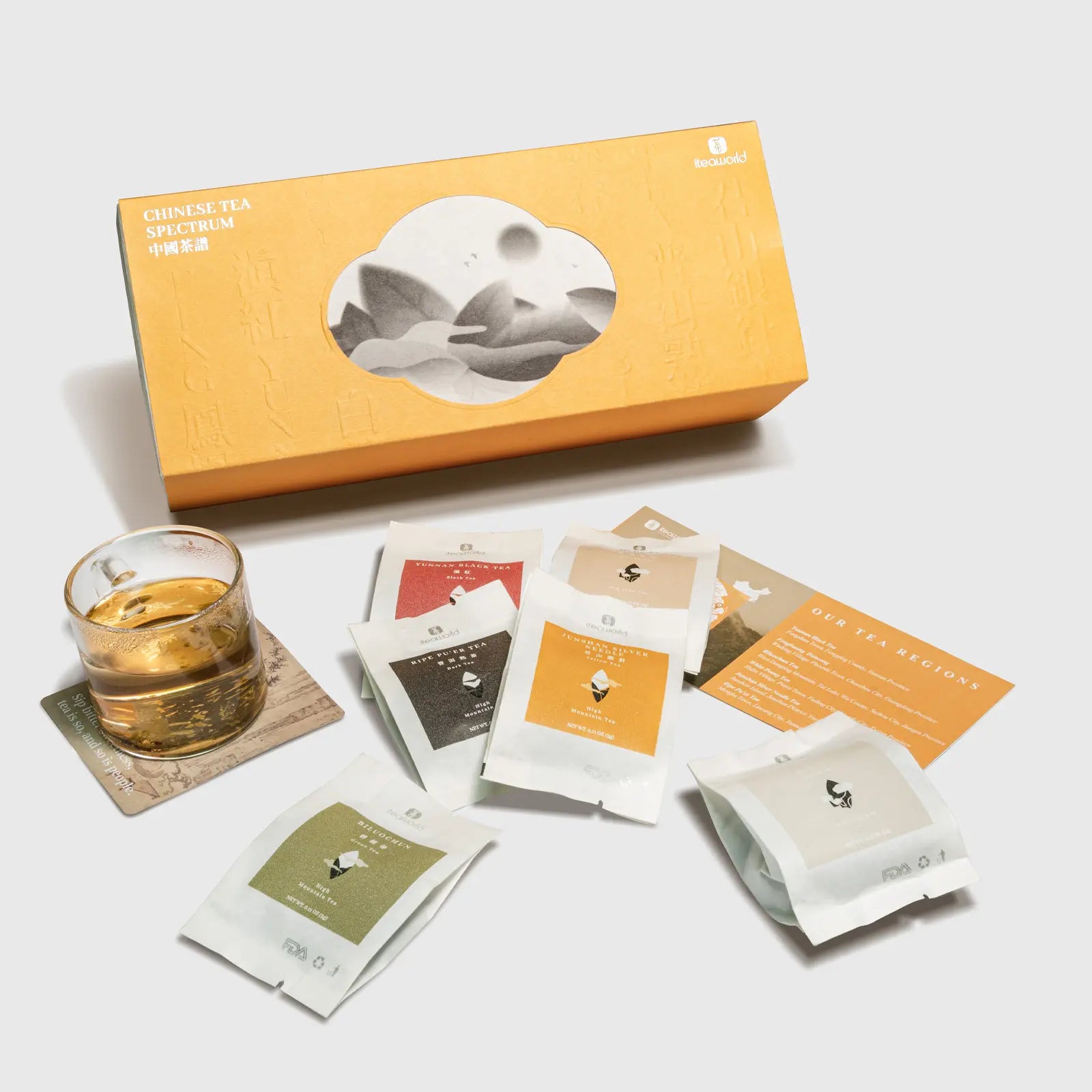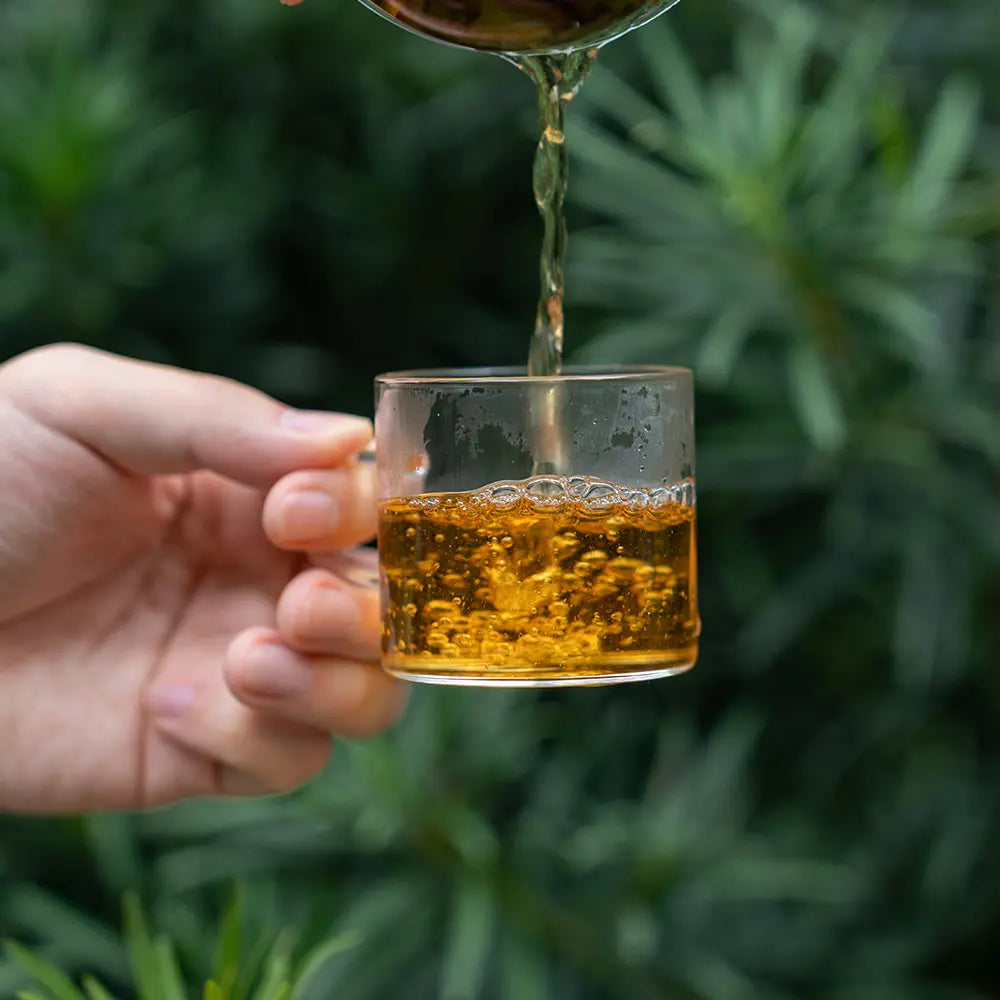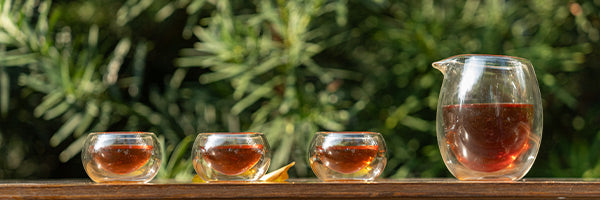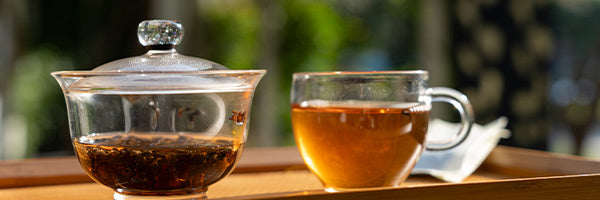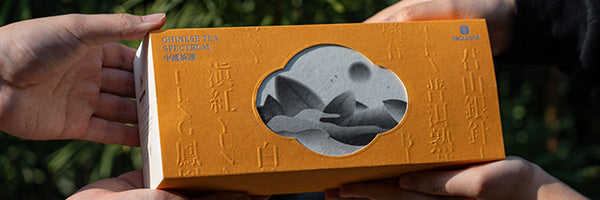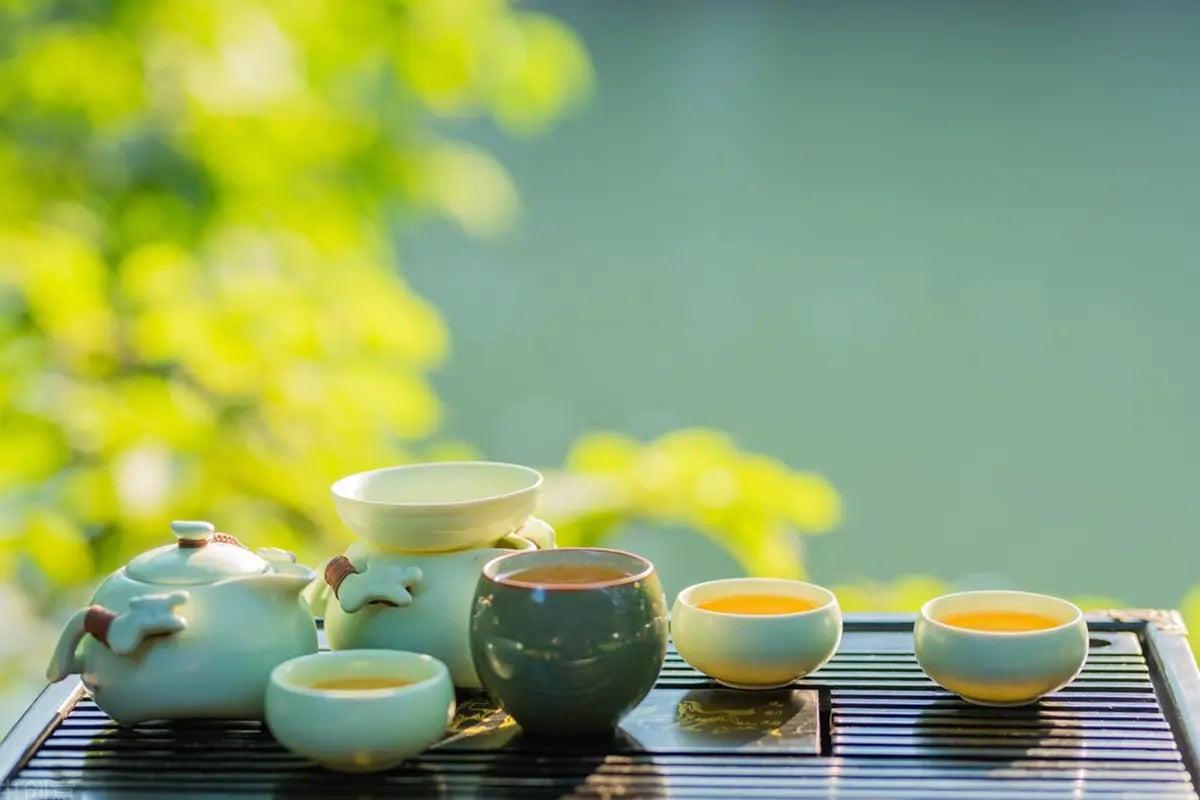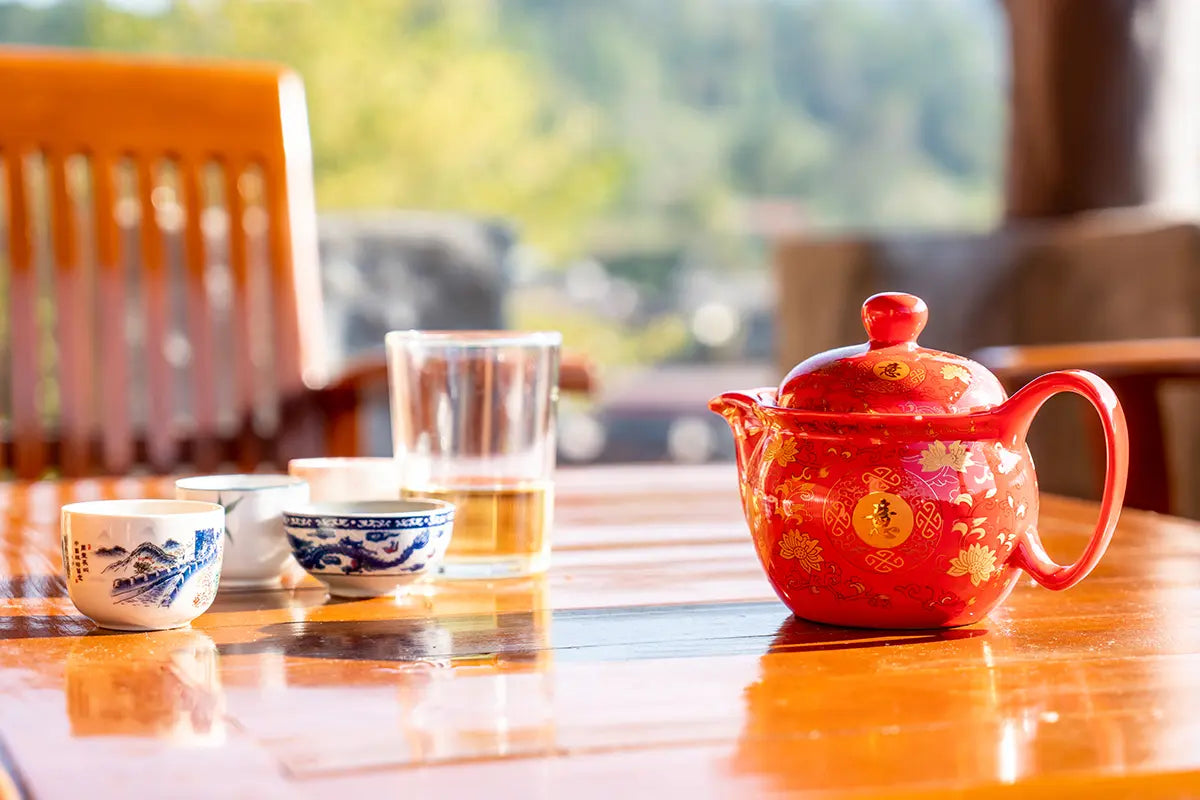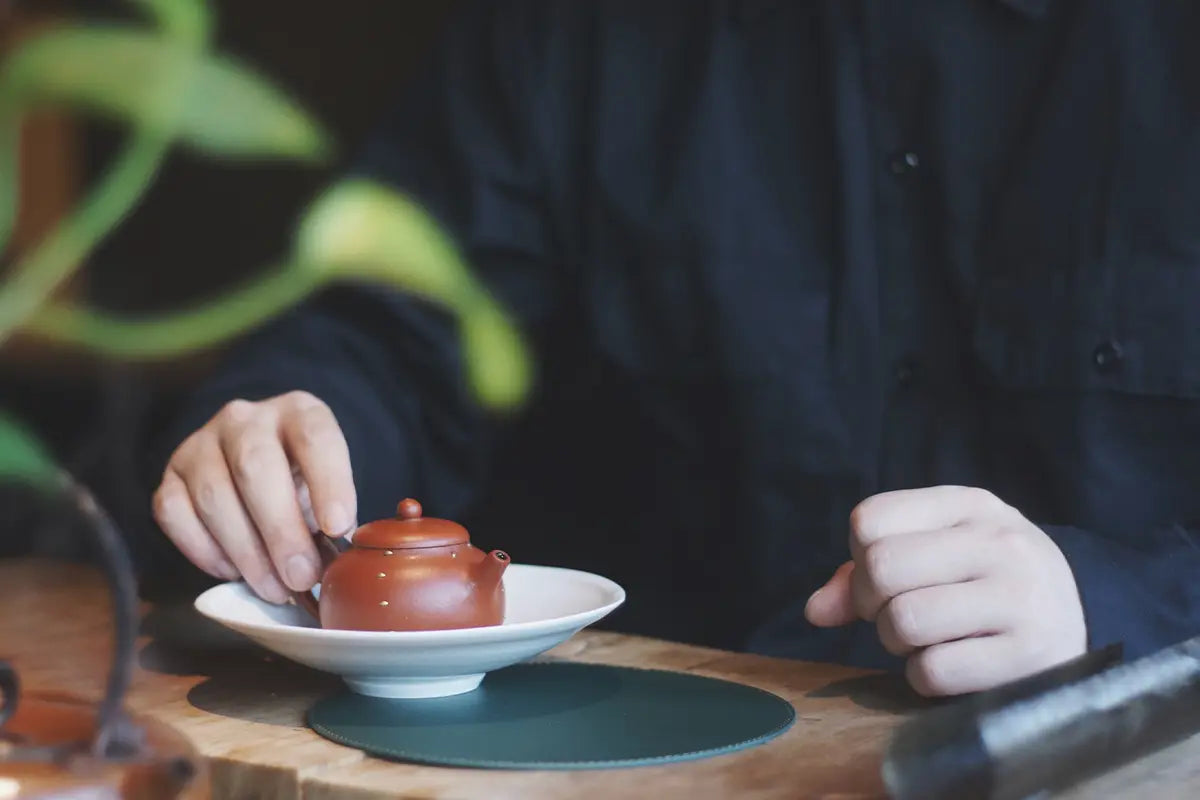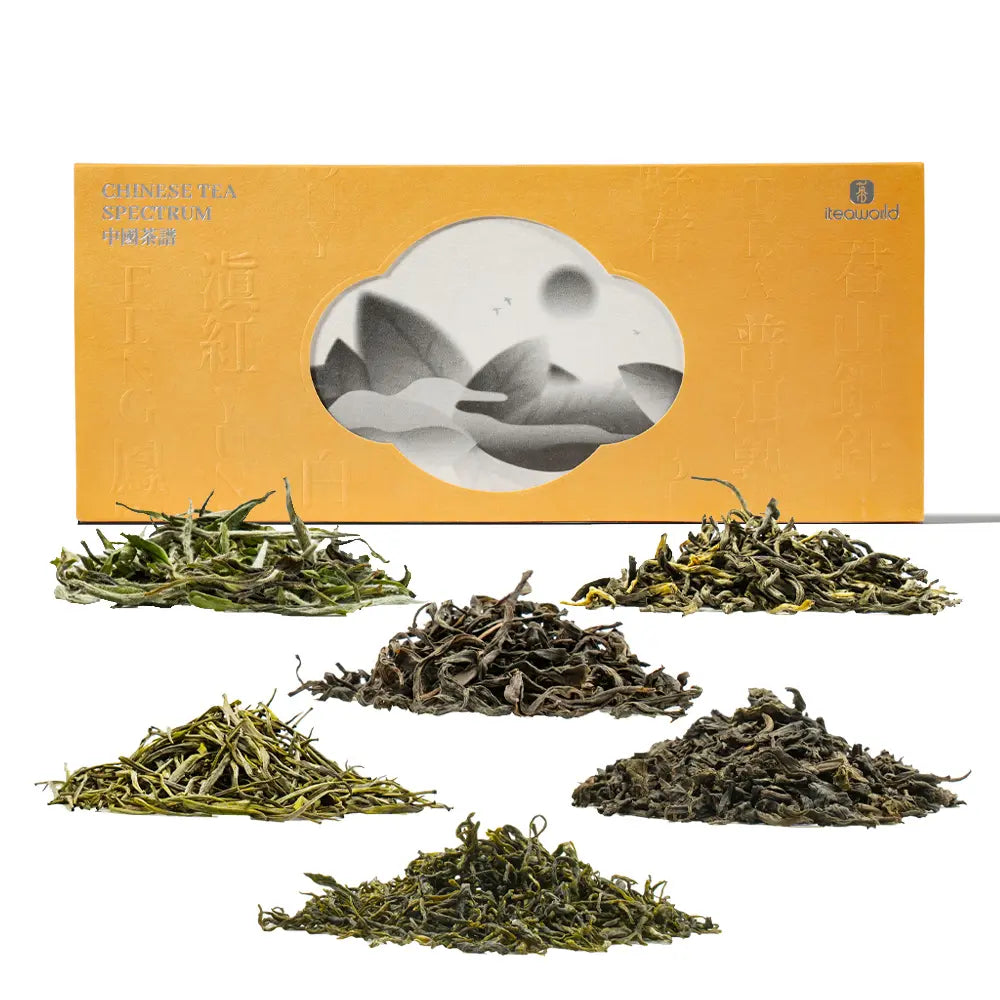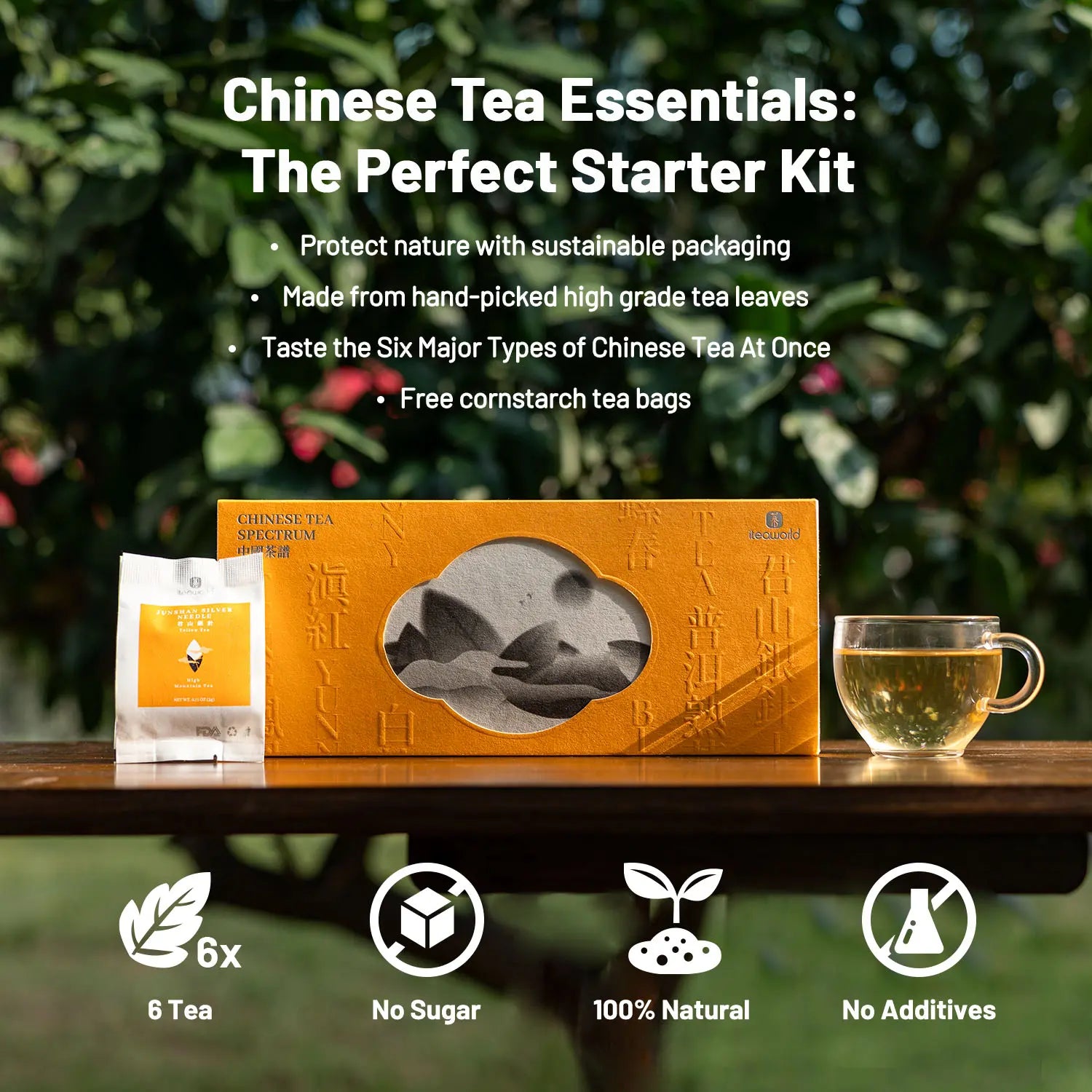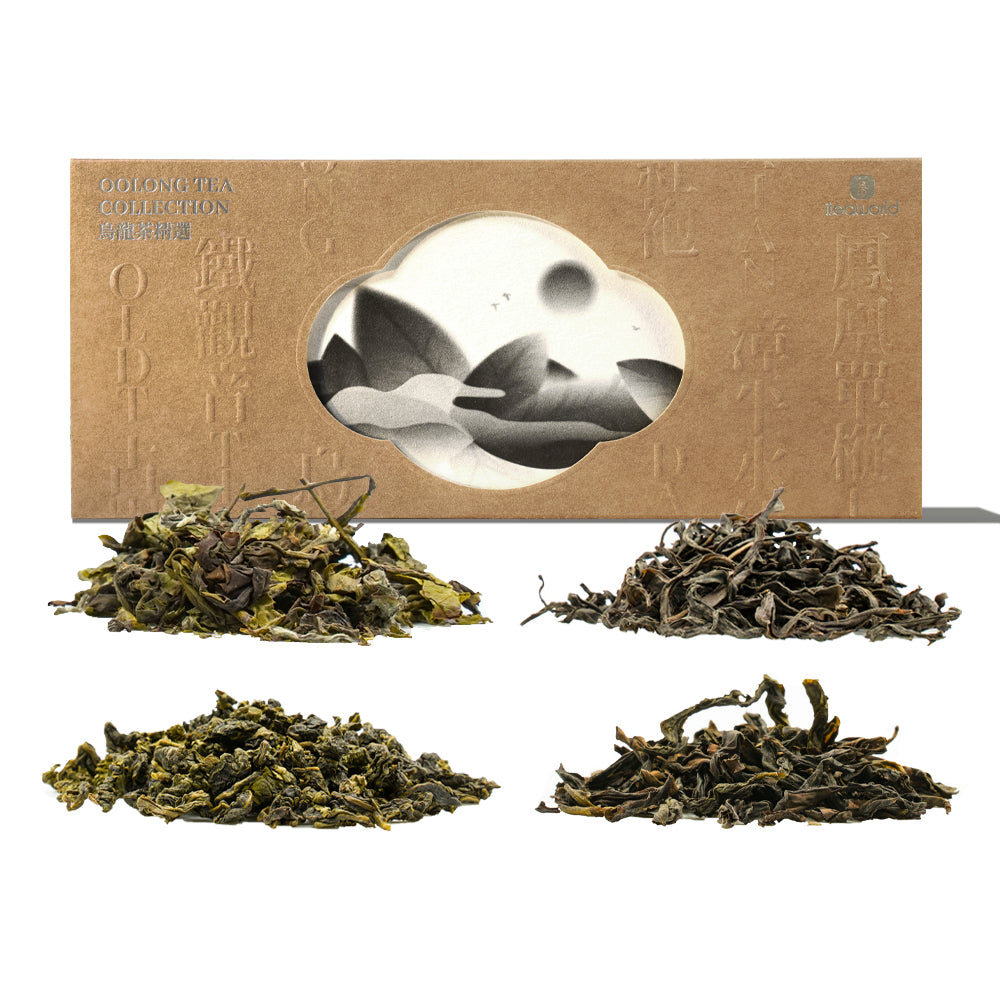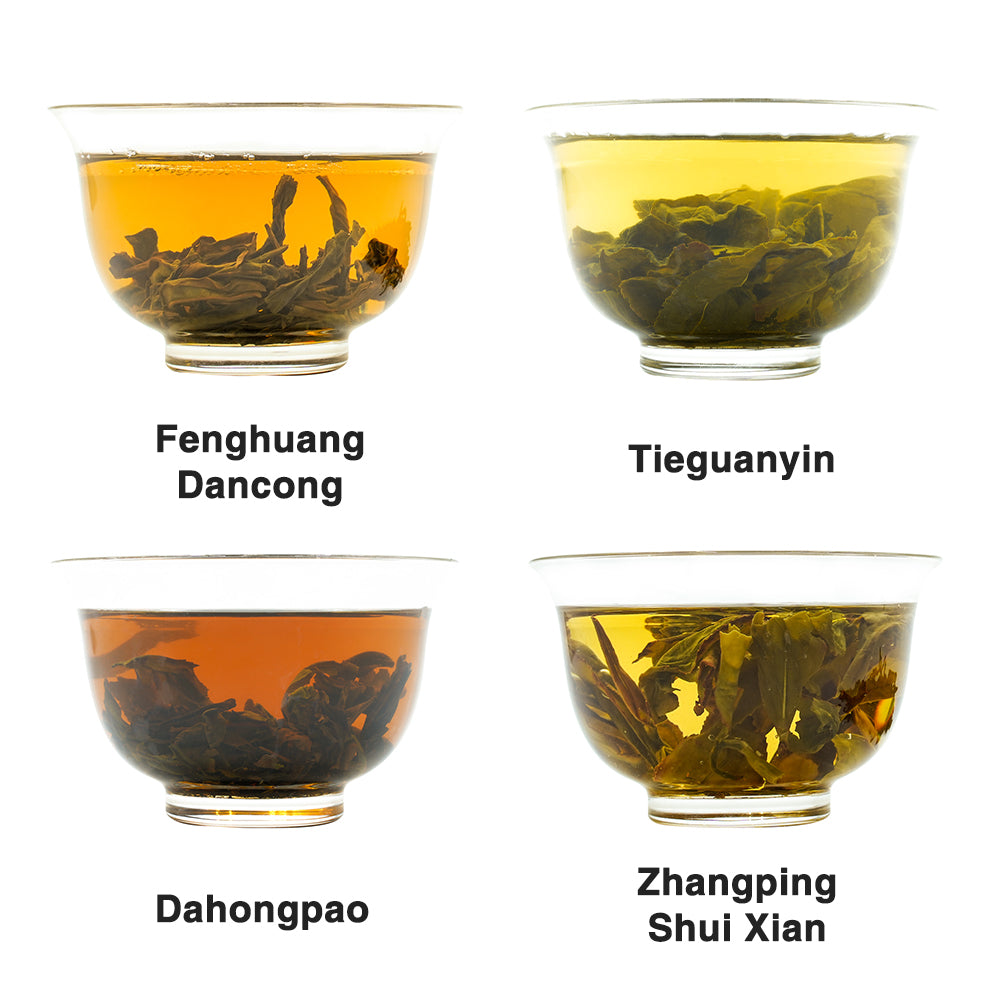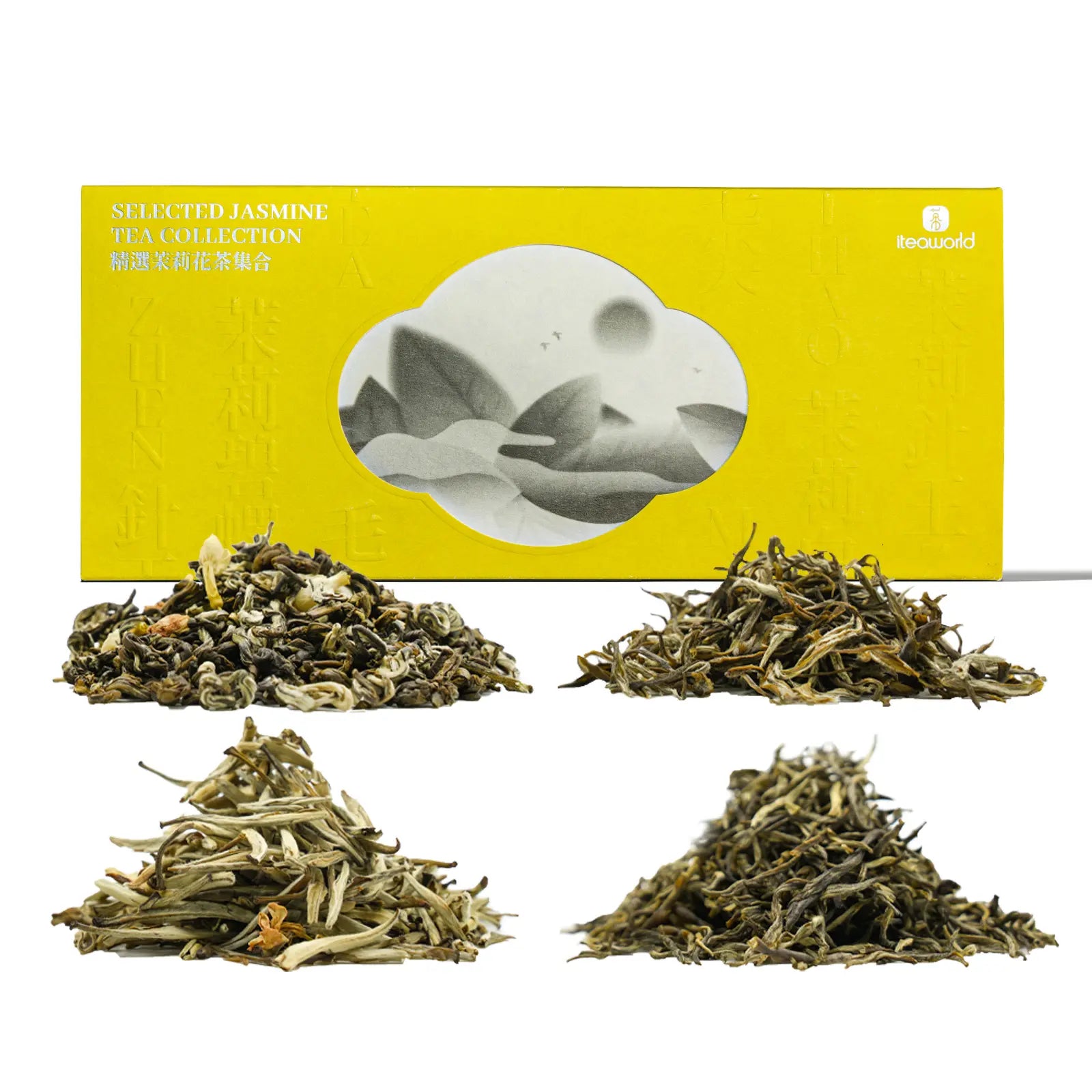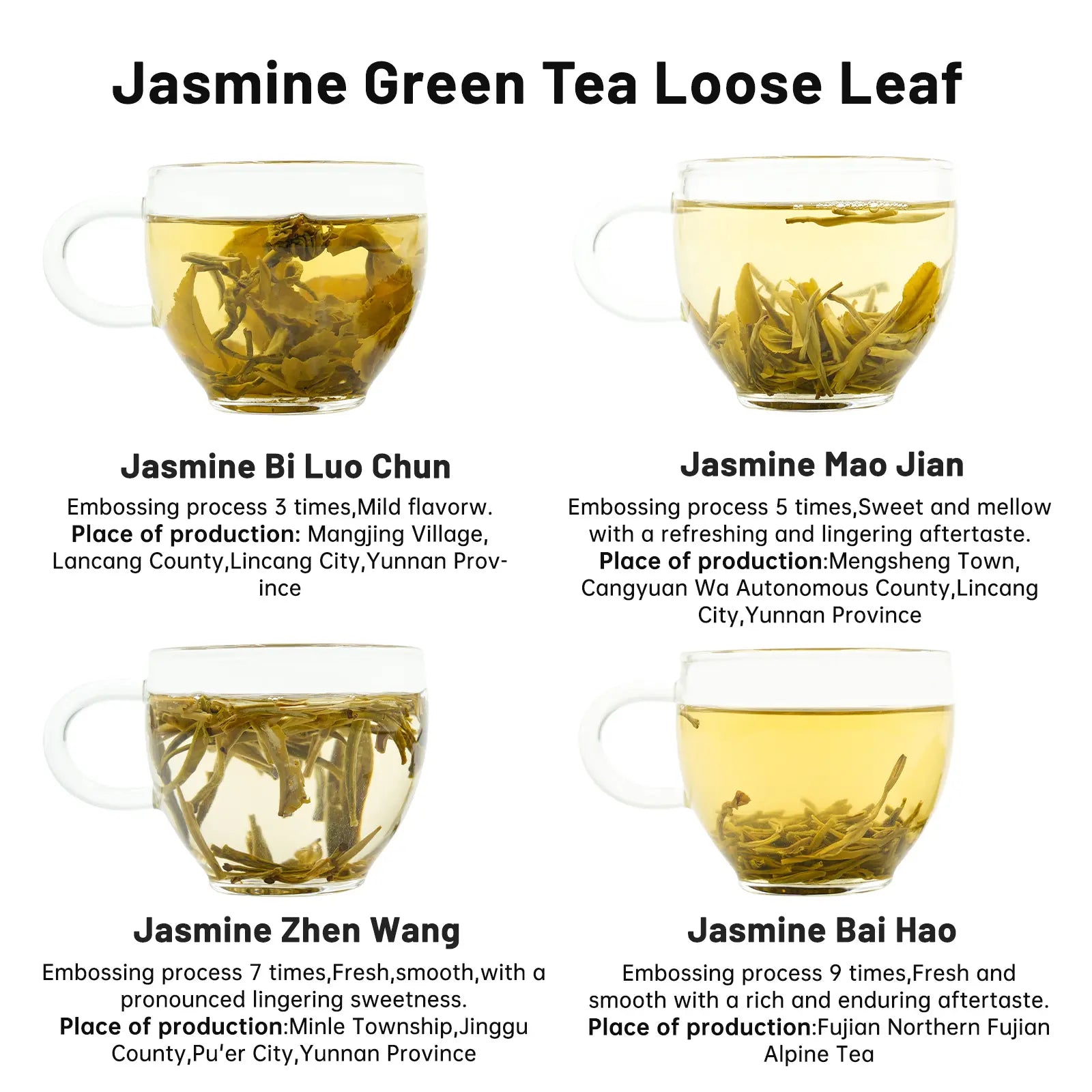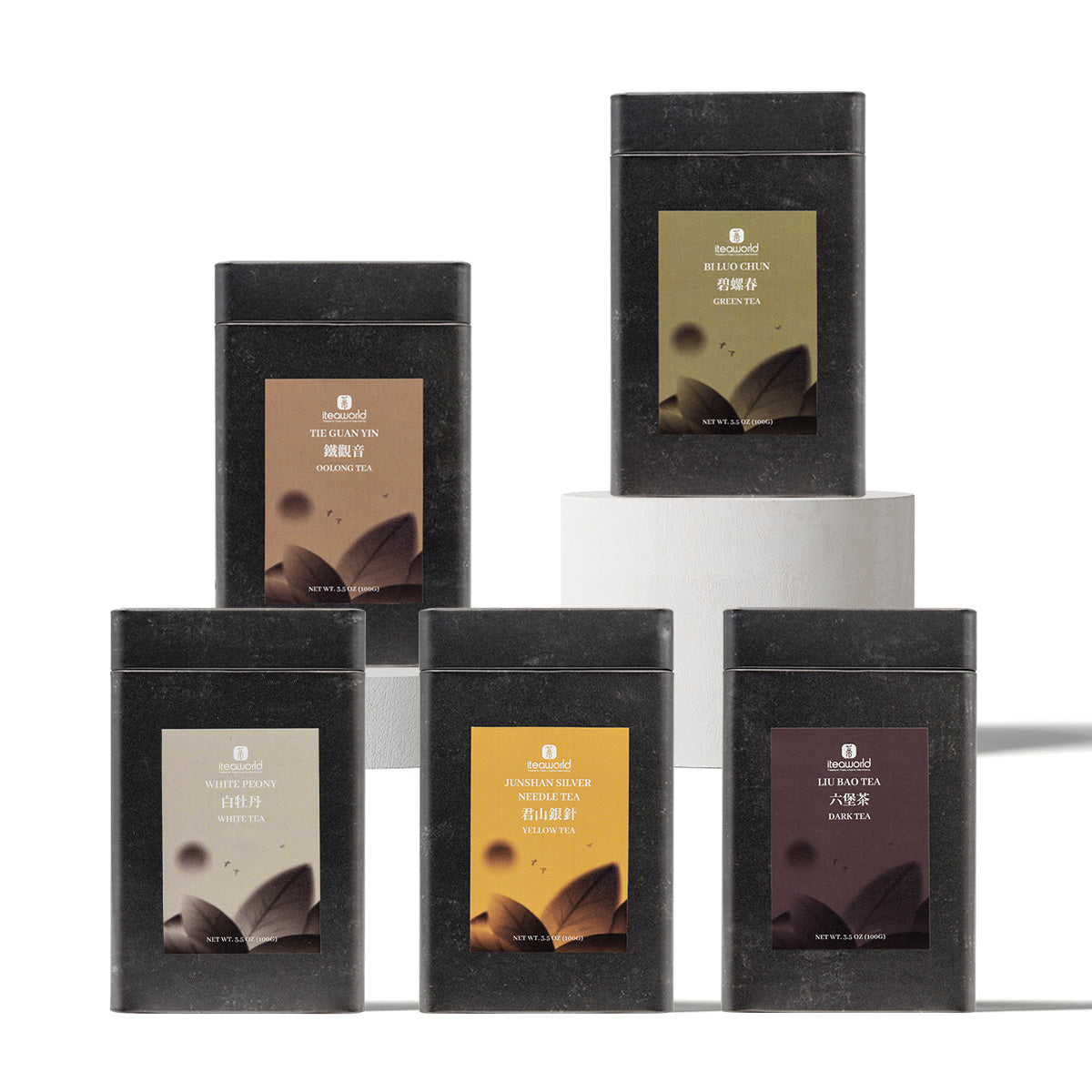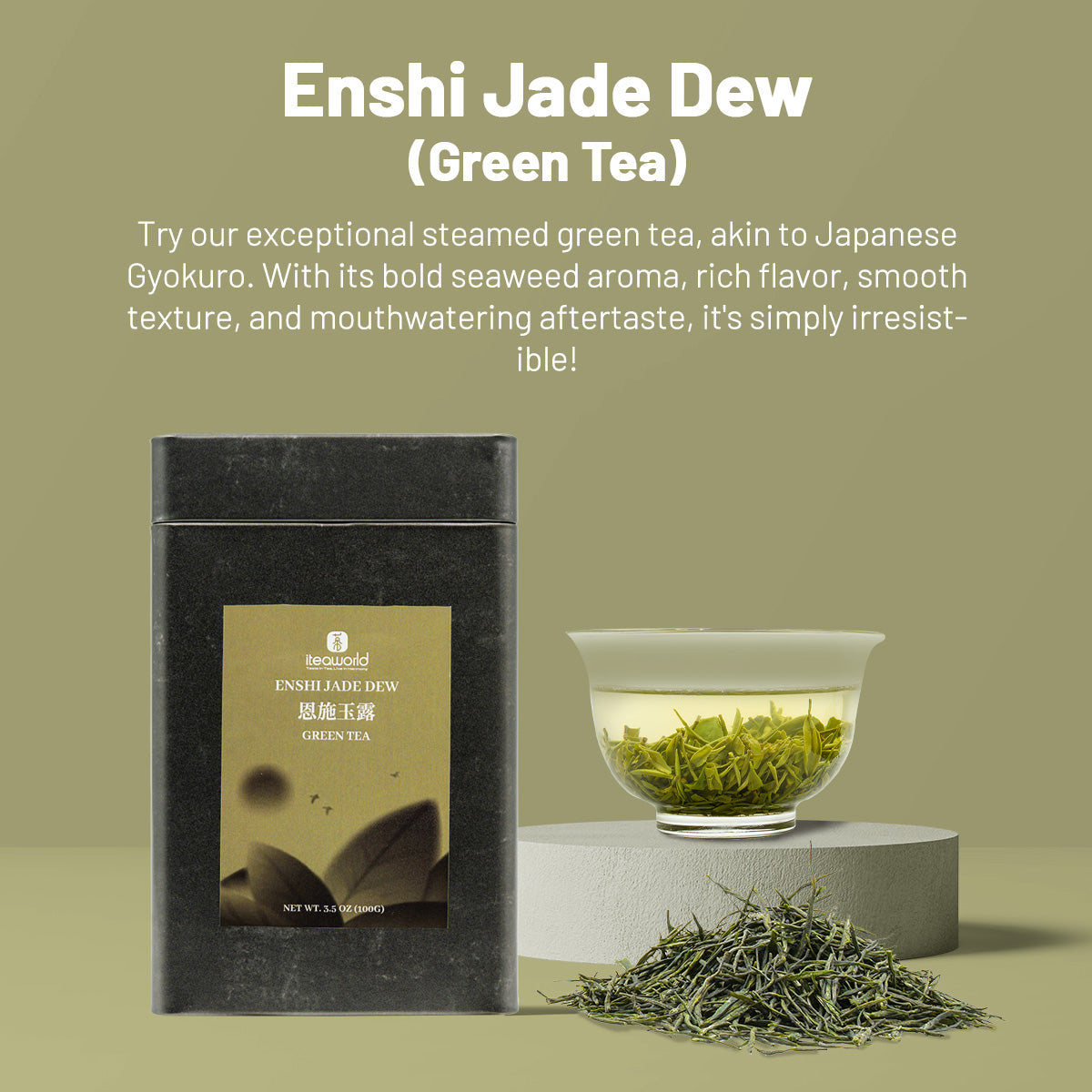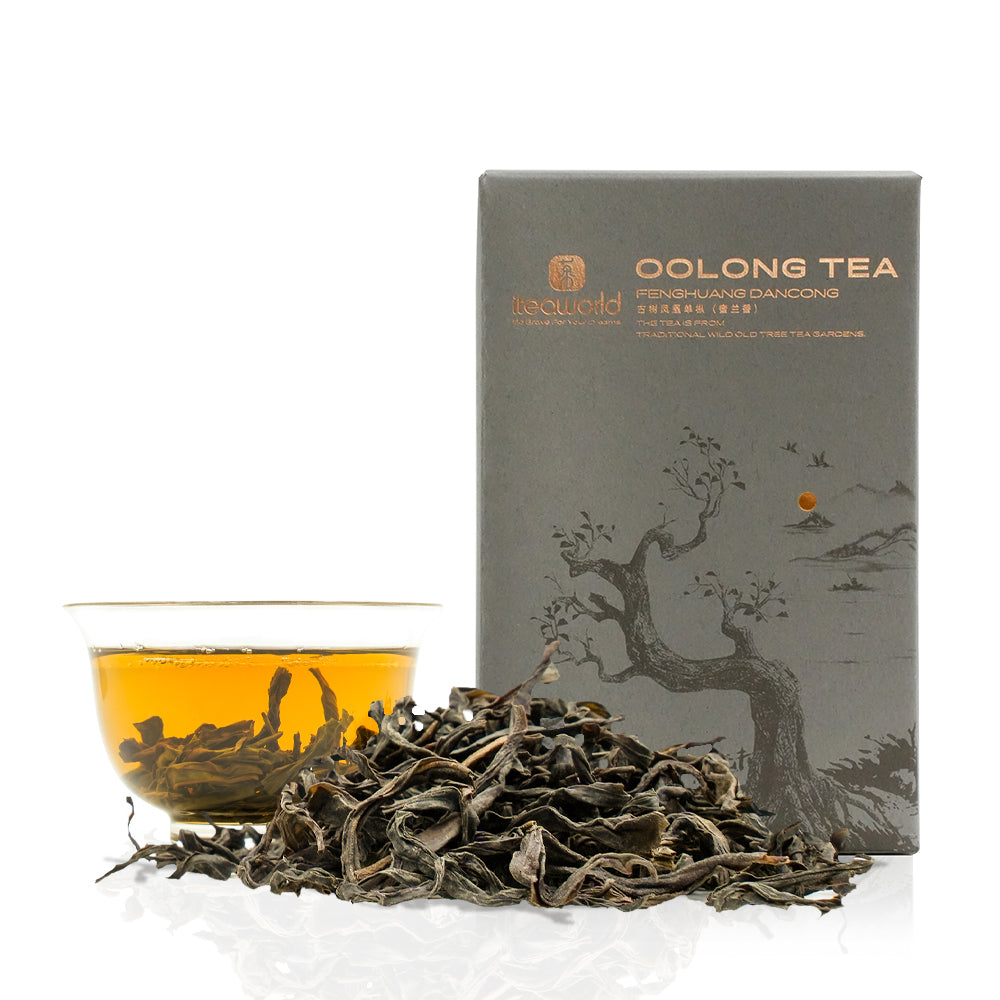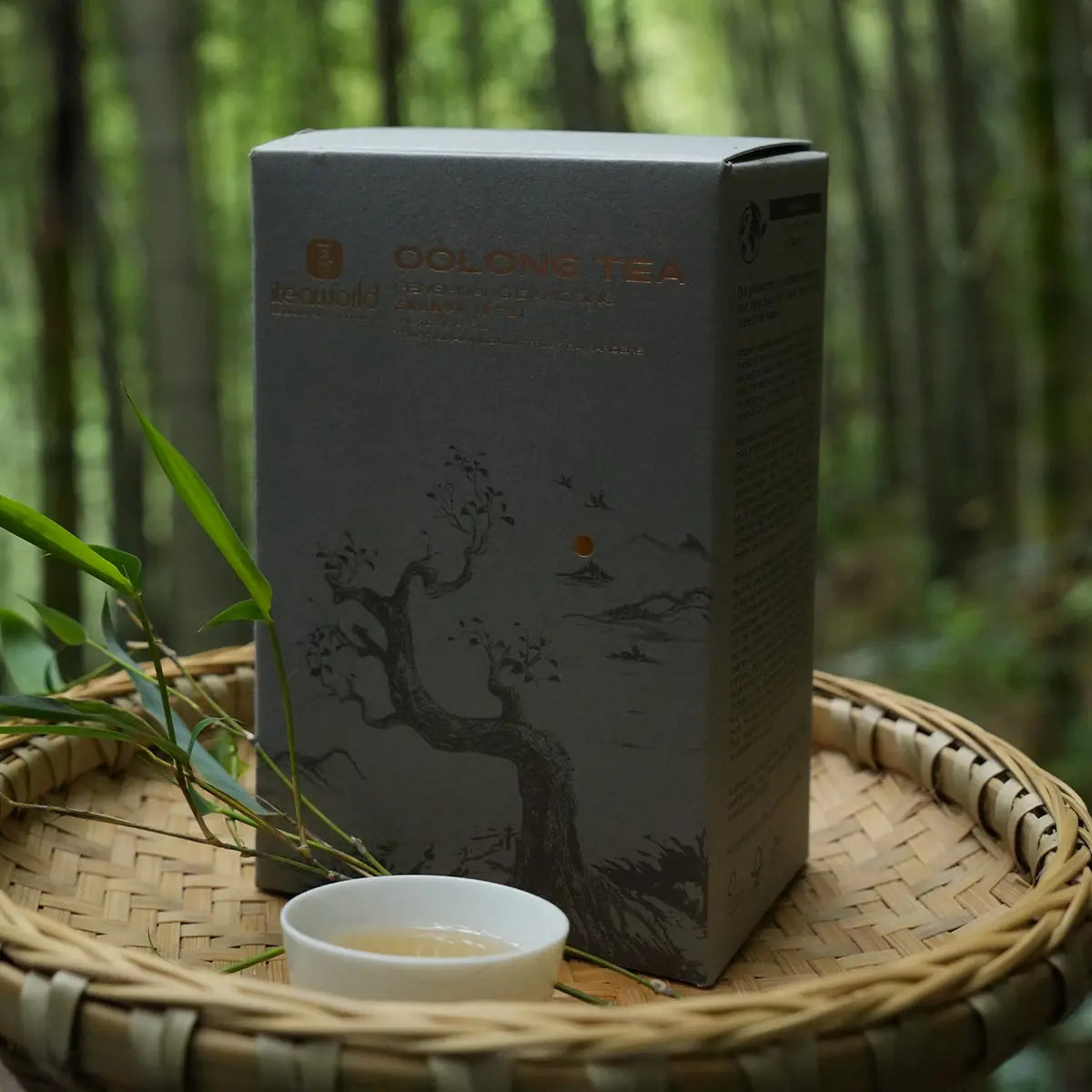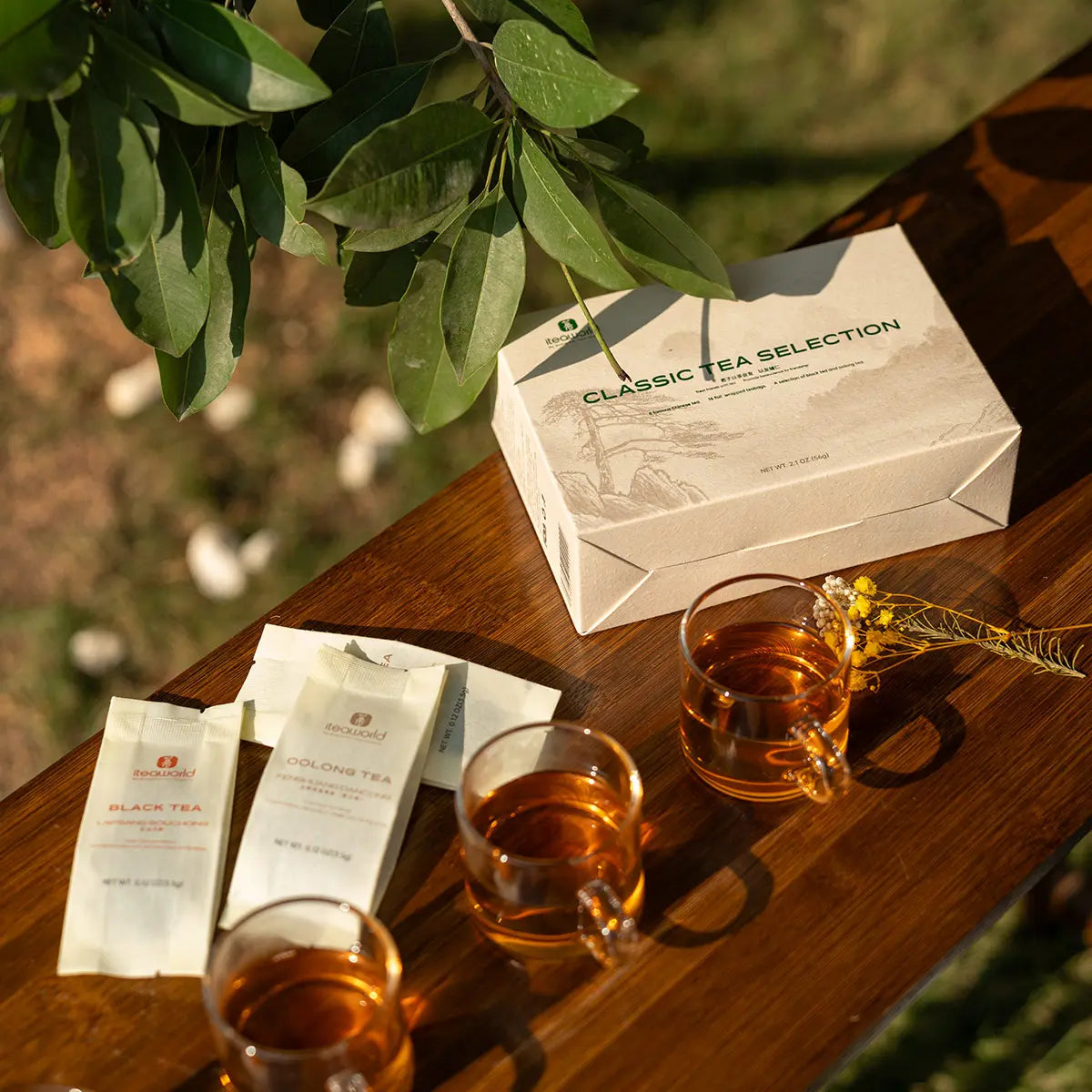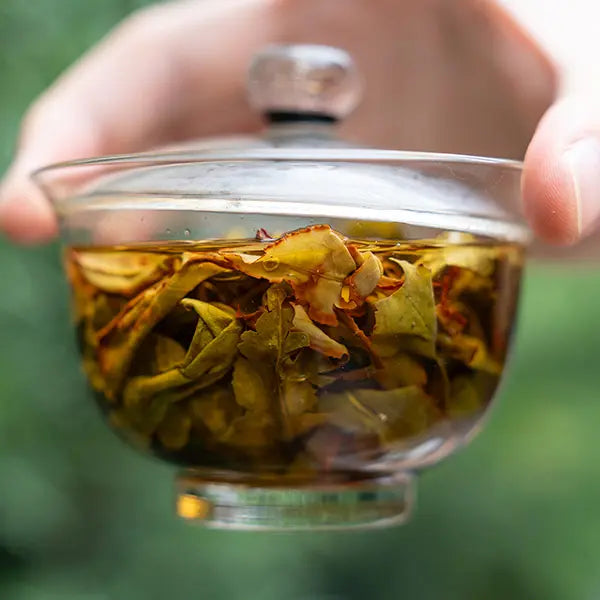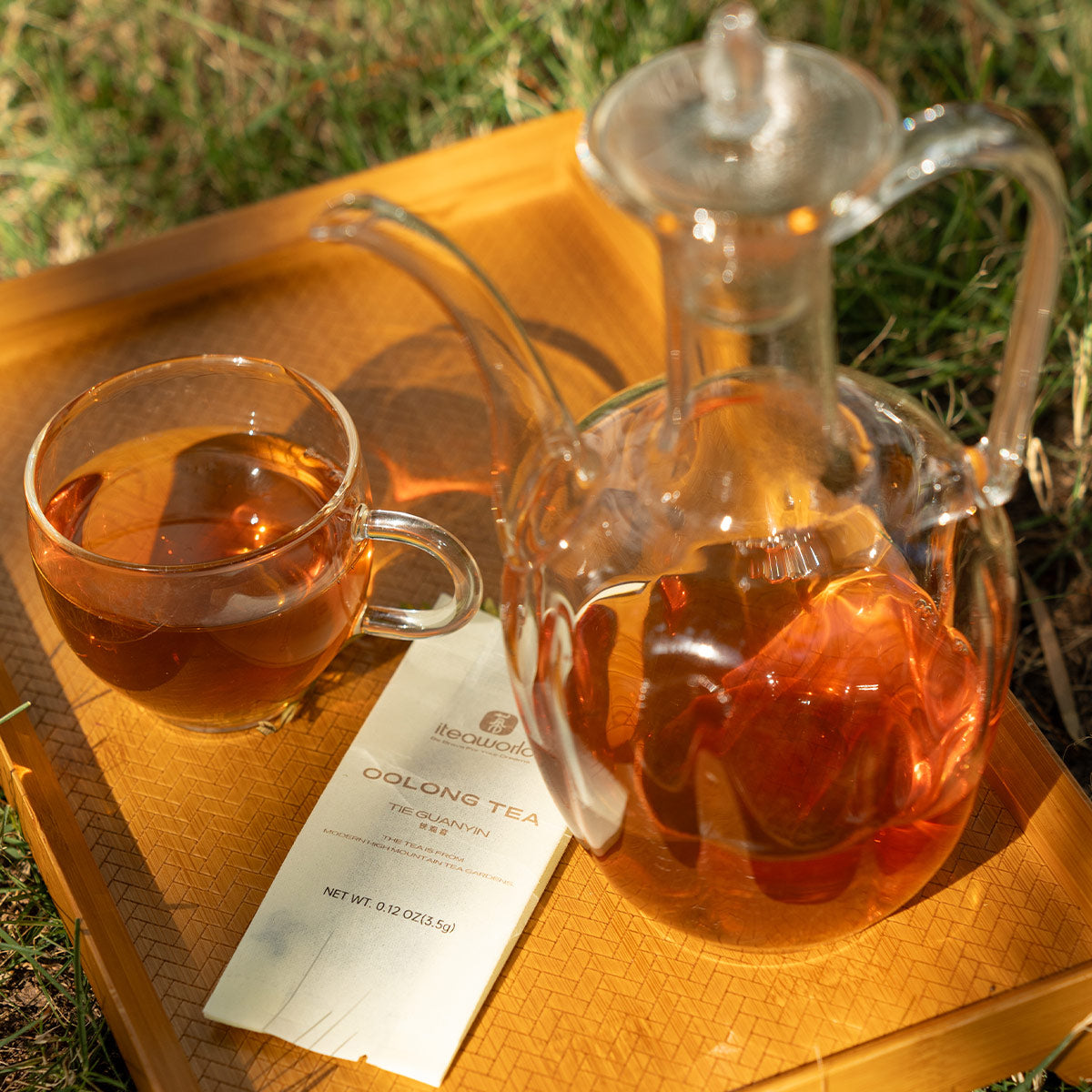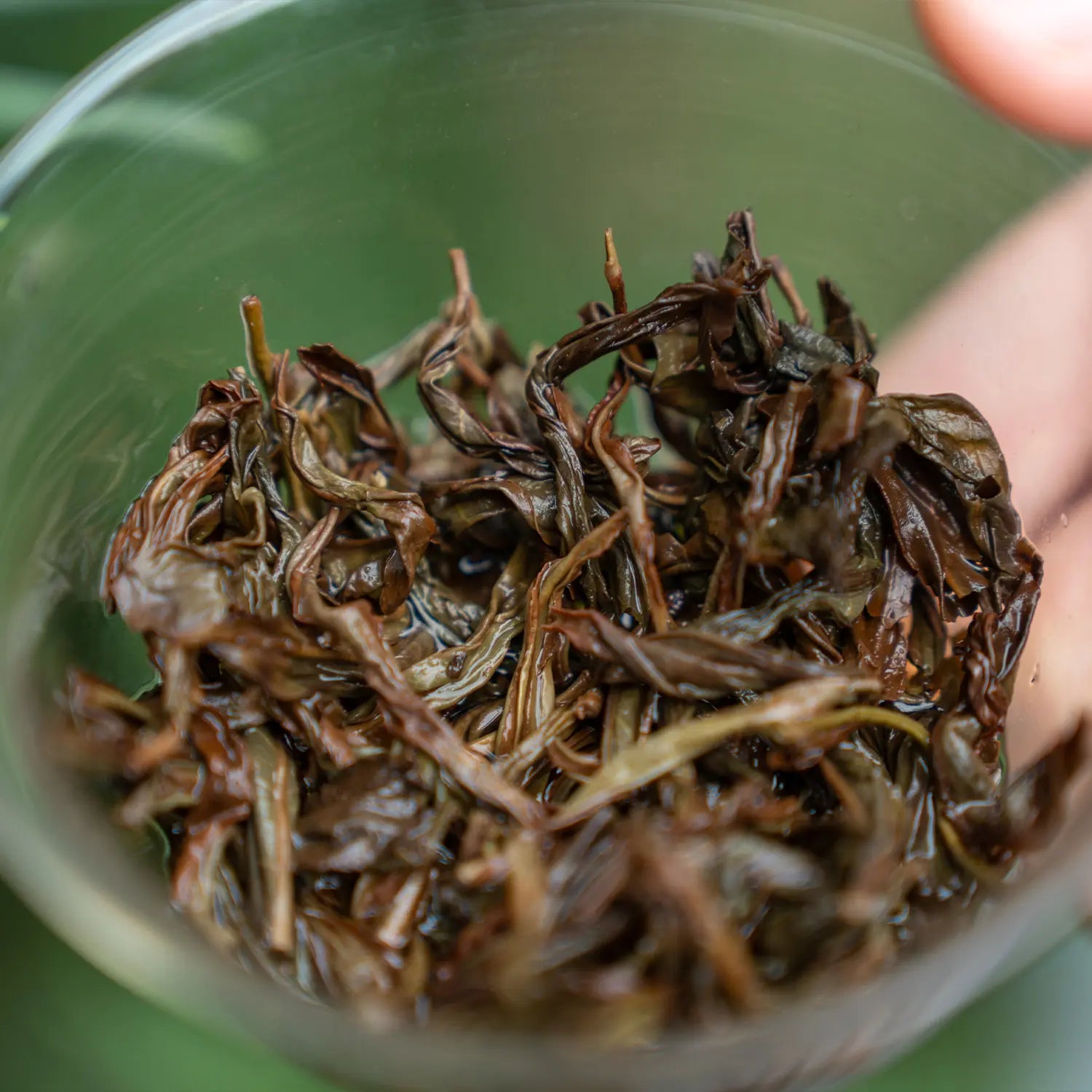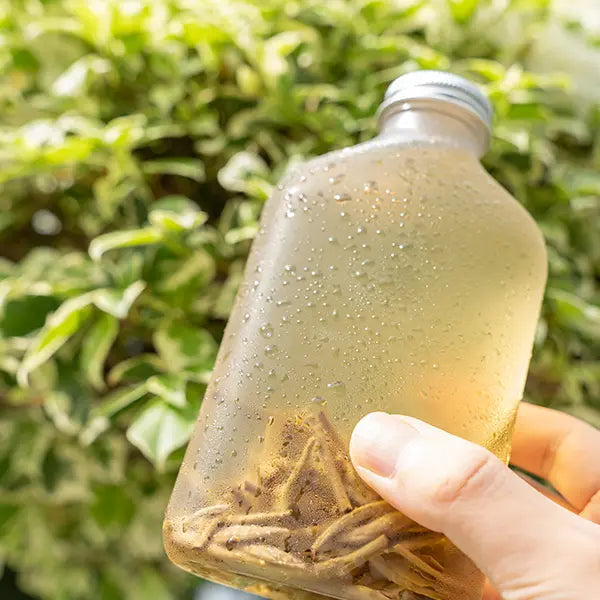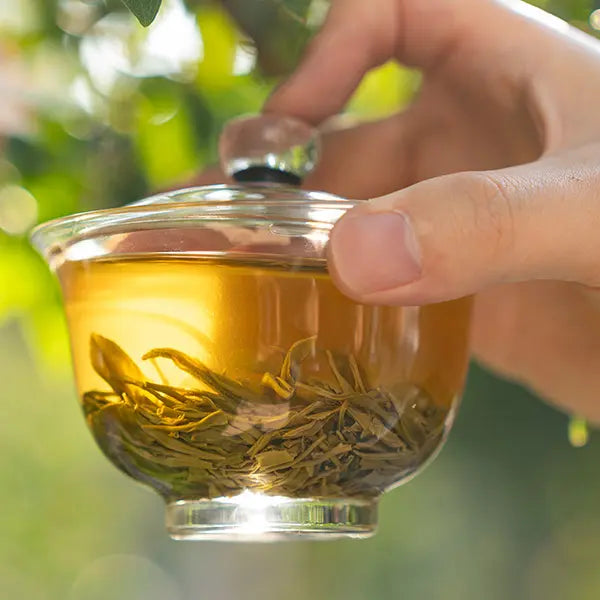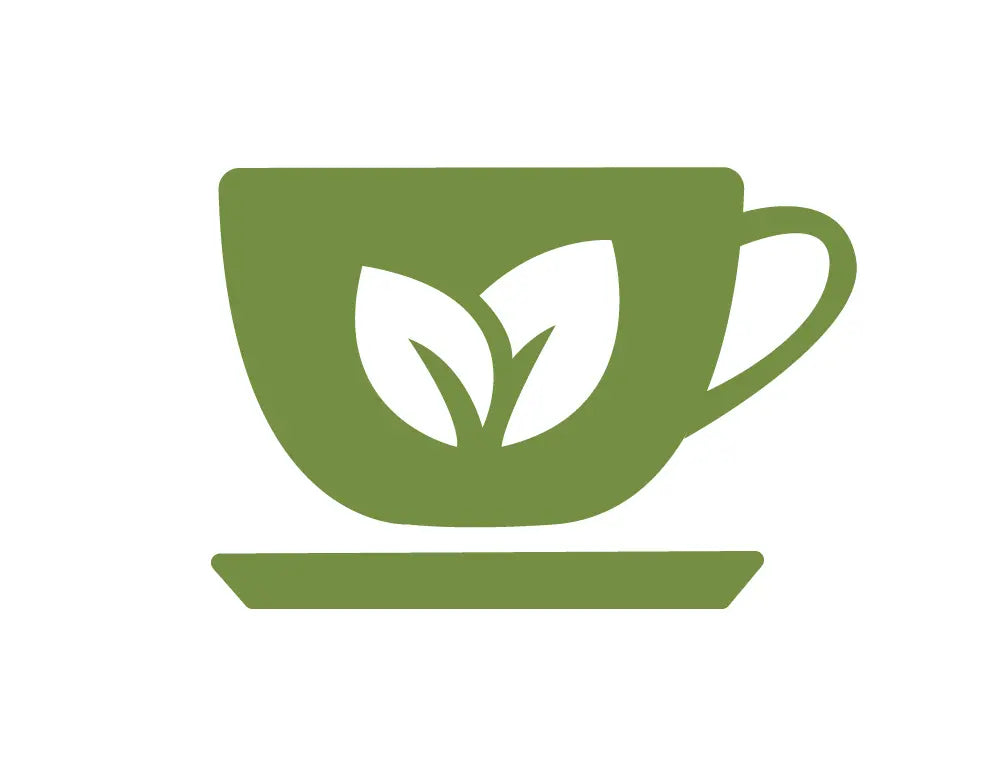Some people might wonder, can people drink Chinese tea every day?
The answer is yes. Just as coffee enthusiasts start their day with a cup of coffee, Chinese tea lovers also begin their day with a cup of tea.
Benefits of Drinking Chinese Tea Every Day
Chinese loose leaf tea contains no sugar and is rich in substances beneficial to health.
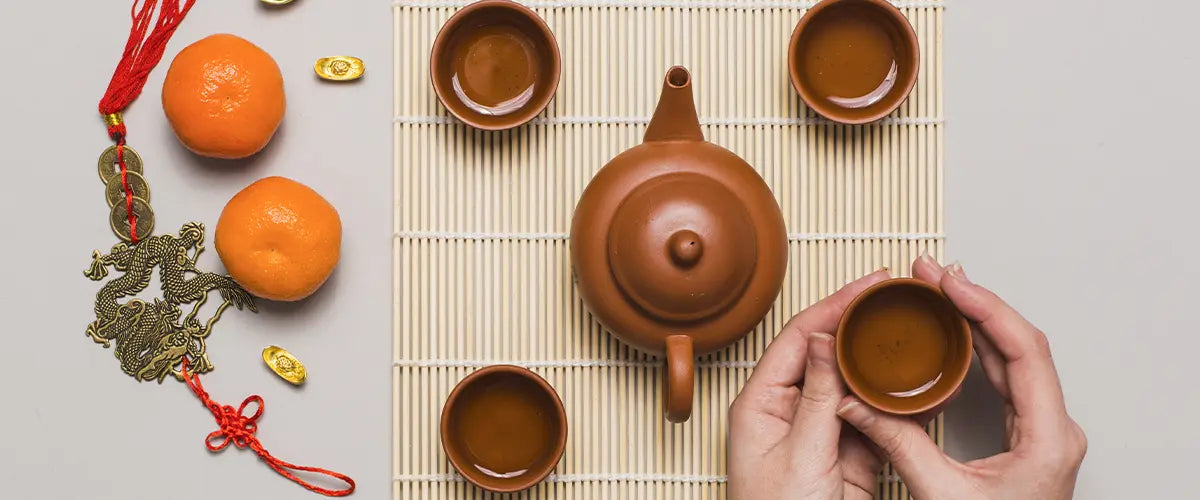
Many people drink Chinese loose leaf tea every day because they personally experience how it can make the body more comfortable, the mind sharper, and overall mood happier. Therefore, Chinese tea is suitable as healthy tea gift sets for family and friends. Below are some of the health benefits that Chinese tea may bring:
- Mental alertness: Most Chinese teas contain a certain amount of caffeine. The caffeine in tea can help people improve alertness and attention, enabling them to better navigate daily life and work. Chinese tea contains much less caffeine compared to coffee. If you want to reduce caffeine intake but still maintain mental clarity, Chinese tea is a good choice.
- Antioxidants: Chinese tea contains various types of antioxidants such as catechins and vitamin C. Regular consumption of Chinese tea helps resist damage from free radicals and slows down the aging process of cells.
- Beauty and skincare: The various components in Chinese tea have anti-inflammatory and antibacterial effects, helping to purify the skin and eliminate toxins, keeping your skin in better condition.
- Cardiovascular health: Several studies have shown that long-term consumption of Chinese tea is helpful in lowering blood sugar, blood pressure, and blood lipids, which positively impacts cardiovascular health.
Chinese tea not only offers numerous health benefits but also comes in many varieties and is very delicious. When you're ready to embark on a journey with Chinese tea, it's recommended to start with a loose leaf tea sampler for convenience and affordability.
Understanding Chinese Tea Ceremony
The Chinese tea ceremony has a long history, dating back to the pre-Qin and Wei-Jin periods, roughly 2,000 years ago.
The Chinese tea ceremony is about appreciating the beauty of tea, involving aspects such as brewing, tasting, appreciating, and cultural significance. During the process of brewing tea, people carefully experience the aroma and taste of the tea, expressing reverence for tea and cherishing life through meticulous actions and a sense of ceremony.
The Chinese tea ceremony emphasizes not only the taste of tea but also the relationship between tea and people, interpersonal communication, and the connection between tea and nature.
Find more loose leaf Chinese tea with our Chinese Tea Sampler.>>>
How Do Everyday Chinese People Drink Tea?
Many might wonder if everyday Chinese tea drinking involves sitting in front of a tea tray and following specific tea brewing steps. In reality, this is often not the case.
In some regions, such as certain parts of southern China, you might observe people using traditional Gongfu tea brewing methods in their daily tea rituals. However, more often than not, Chinese tea brewing and consumption are quite flexible and diverse.
In rural areas of China, where people are busy with work, there isn't always the luxury of time to meticulously brew tea. Instead, people might quickly brew a large quantity of tea with hot water in the morning, leaving it on the table to drink throughout the day or taking it along while working outdoors. In certain mountainous areas of Guangxi, people even use tea leaves in cooking. They stir-fry the tea leaves with oil, add other ingredients, then boil and consume the mixture.
During work hours, if Chinese people drink tea, it's likely in a large cup where they add tea leaves and hot water for brewing, or they use a kettle to boil the tea leaves. In reality, a complete set of Gongfu tea utensils is not commonly seen in Chinese offices.
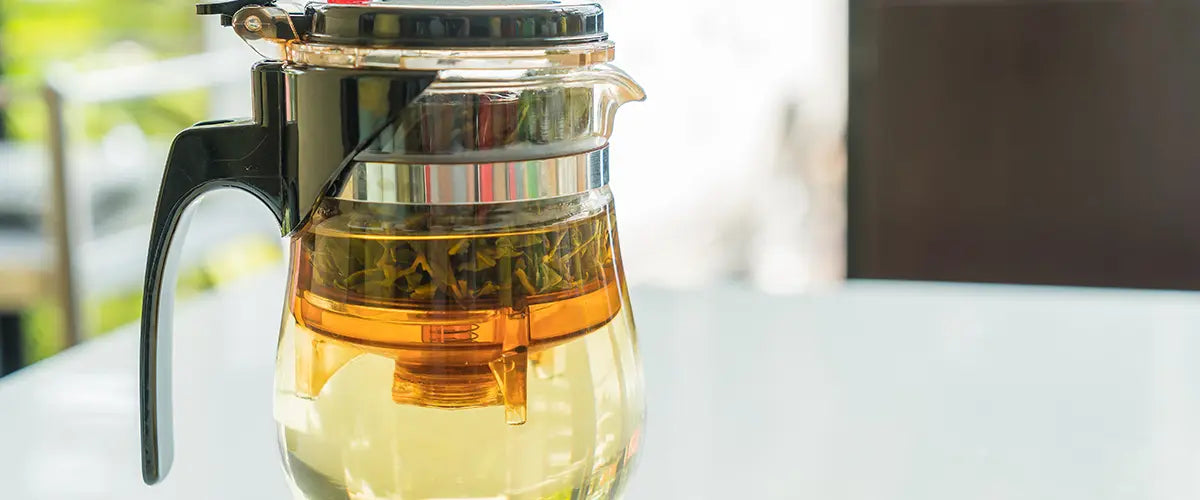
On the streets of China, you'll find more milk tea shops than traditional tea rooms. Milk tea has become a popular way for young Chinese people to enjoy tea. You'll find various types of Chinese teas in these shops, such as famous loose leaf oolong teas like TieGuanyin and Da Hong Pao, as well as fragrant flower teas like Chinese jasmine tea. These teas are combined with milk, fruits, and other ingredients to create refreshing beverages. However, it's worth noting that while daily consumption of Chinese tea is perfectly fine, indulging in these milk teas daily is not advisable and can even be harmful to health.
Fine more loose leaf oolong tea with our Oolong Tea Sampler.>>>
What Types of Tea Do Chinese People Typically Drink?
Generally speaking, the types of tea consumed by Chinese people vary across different regions. Chinese people have stable consumer groups for the six major types of tea (green tea, white tea, yellow tea, oolong tea, black tea, and dark tea), as well as processed flower teas.
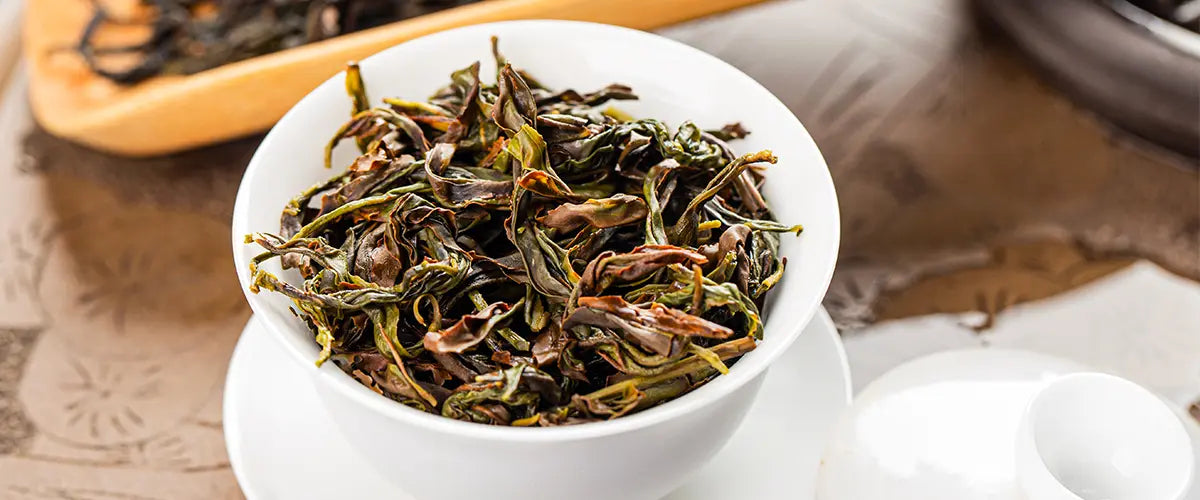
Typically, people in a region consume the tea that is locally produced. For example, in Guangdong Province, which produces Fenghuang Dancong, many locals love to drink Fenghuang Dancong, which is also considered one of the best oolong tea. Similarly, Zhejiang, Anhui, Hubei, and other regions produce loose leaf green tea. If you visit a friend's house in these areas, it's highly likely that they will serve you loose leaf green tea.
However, there is one type of tea that seems to transcend regional boundaries and is considered one of the best loose leaf tea by many, and that is Pu'er tea. Whether in southern or northern China, you will find enthusiasts of Pu'er tea.
How to Drink Chinese Tea Healthily Every Day
While it's possible to drink Chinese tea every day, it doesn't mean there are no guidelines to follow. Paying attention to certain key points can help you enjoy delicious Chinese tea in a healthier and more relaxed manner.
- Daily Tea Intake: Although Chinese tea is beneficial for health, it's not recommended to drink it limitlessly. A daily intake of approximately 500-1000 milliliters of tea is suitable.
- Avoid Drinking Tea on an Empty Stomach: Drinking tea on an empty stomach can potentially affect gastrointestinal health, leading to digestive irritation and overstimulation of the nervous system.
- Avoid Drinking Extremely Hot Tea: Consuming tea that is too hot can pose risks of oral and esophageal burns. Long-term consumption of extremely hot tea may increase the risk of esophageal disorders such as esophageal ulcers and esophageal cancer.
- Avoid Drinking Strong Tea Before Bed: Strong tea contains high levels of catechins and caffeine, which may affect sleep quality and duration. Therefore, it's not recommended to drink strong tea before bedtime.


